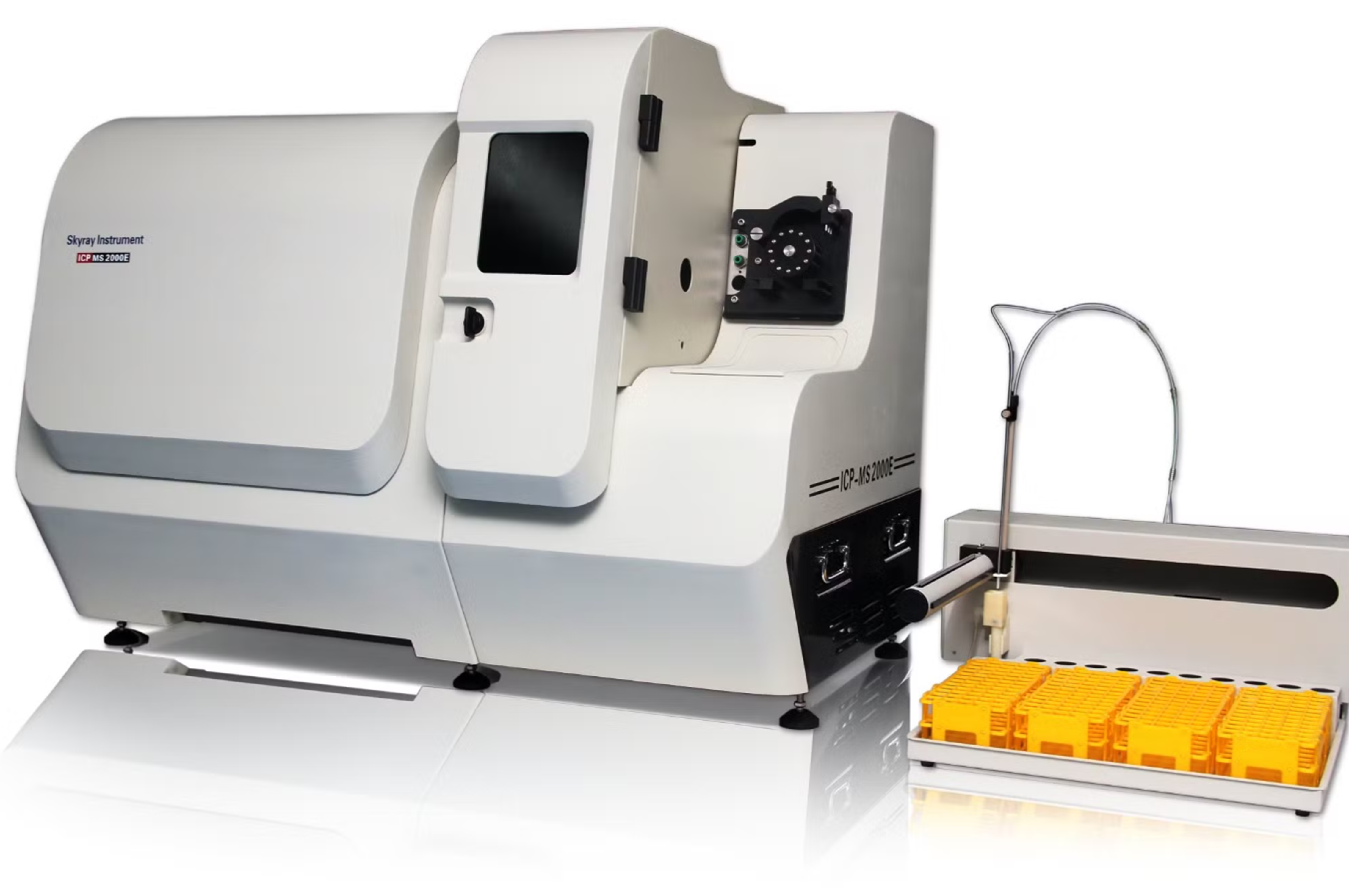ICP-MS Training & Certification Programme
Inductively Coupled Plasma Mass Spectrometry (ICP-MS) is a sophisticated analytical technique used to detect trace elements and isotopes in various samples. It employs an inductively coupled plasma to ionize the sample, which is then introduced into a mass spectrometer. This combination allows for the rapid and sensitive measurement of metals and non-metals at extremely low concentrations, often in the parts-per-trillion range. ICP-MS is widely used in environmental monitoring, pharmaceuticals, and food safety for its ability to analyse complex matrices and provide accurate results. Its speed and precision makes it an essential tool in modern analytical laboratories.
FARE Labs, Gurugram is an advanced ICP-MS Training Laboratory providing training on analysis of metals in various sample matrices. ICP-MS combines inductively coupled plasma (ICP) with a mass spectrometer, creating a powerful analytical tool. This technique provides laboratories with rapid analysis and exceptionally low detection limits for trace metal determinations. It may be worth mentioning that the training programme offered by FARE Labs is one of the best ICP-MS training courses in Gurugram.
Objectives
- Provide a comprehensive understanding of ICP-MS principles using national/international standard methods
- Equip participants with practical skills for operating ICP-MS systems.
- Familiarize attendees with data analysis and interpretation techniques

